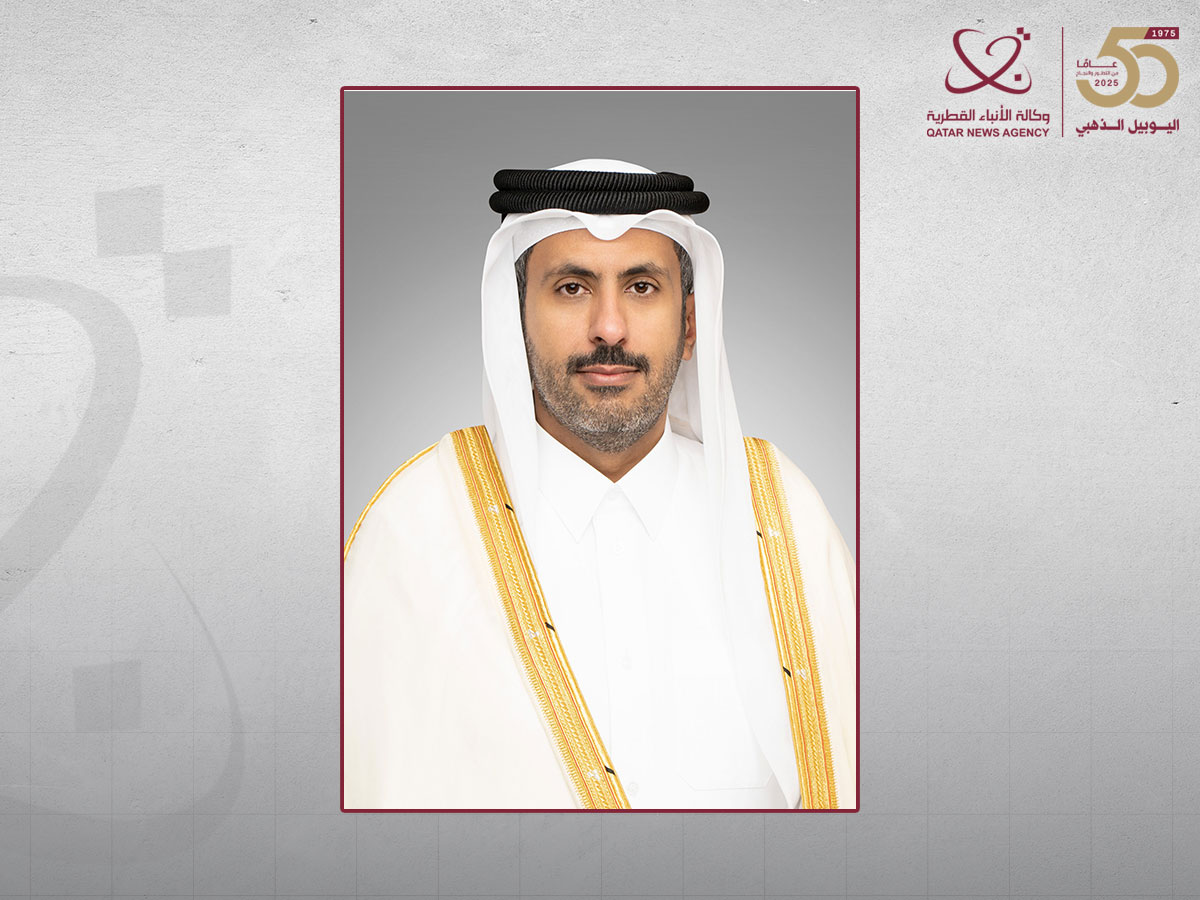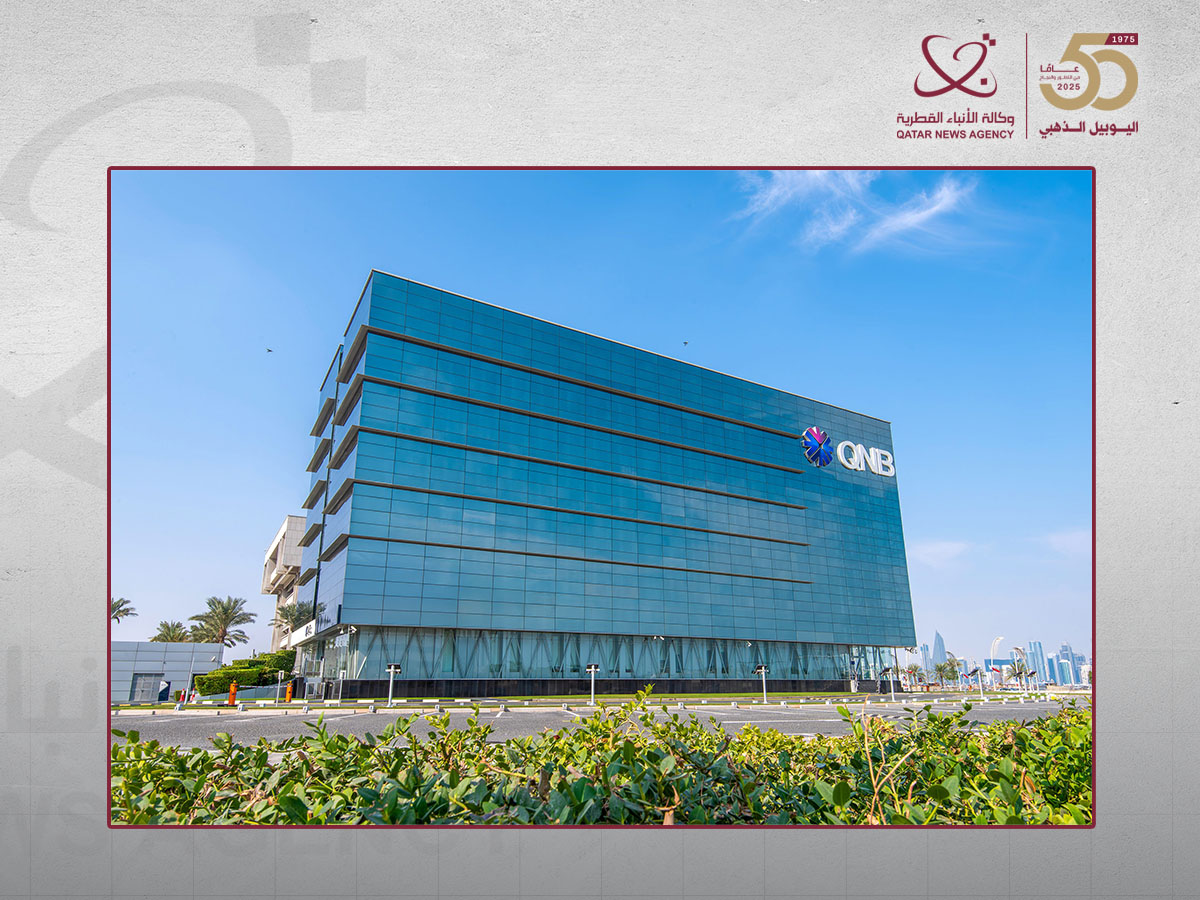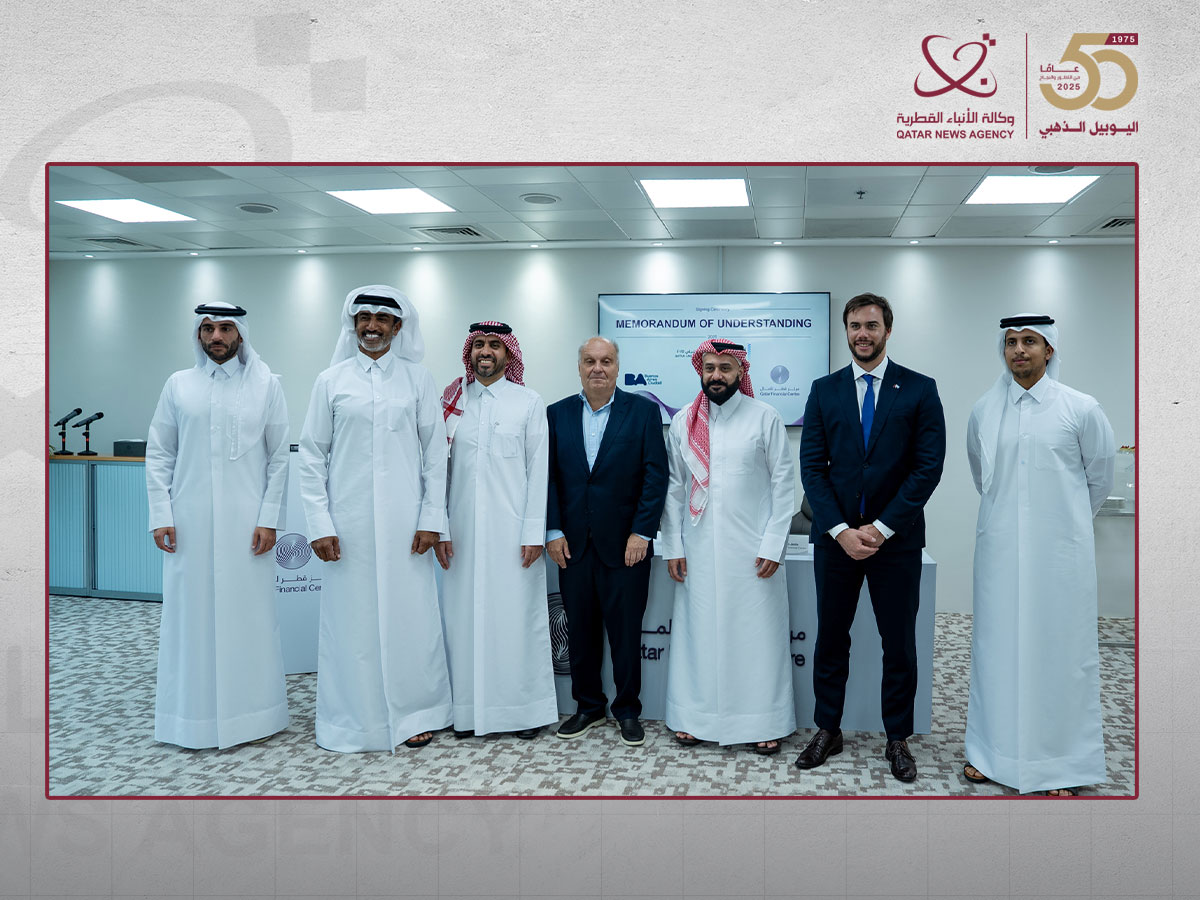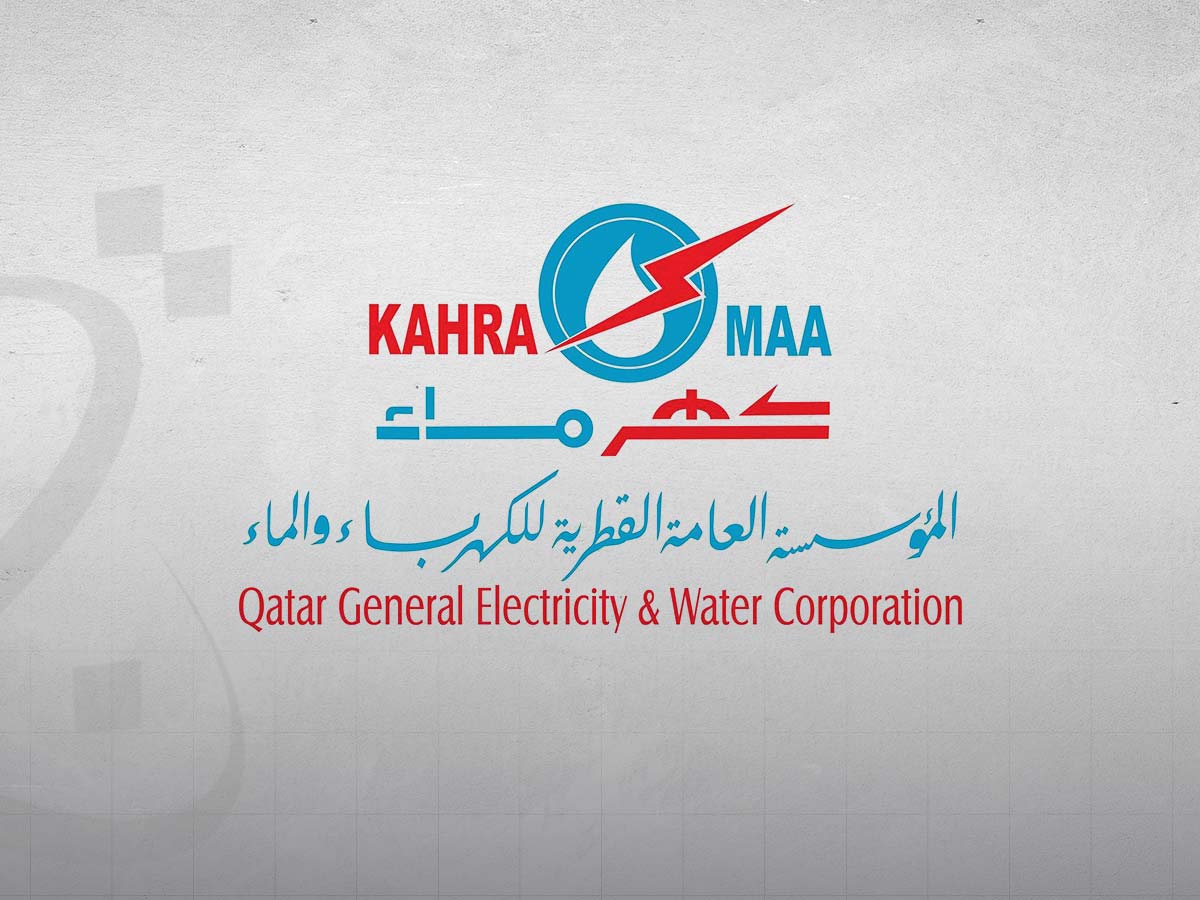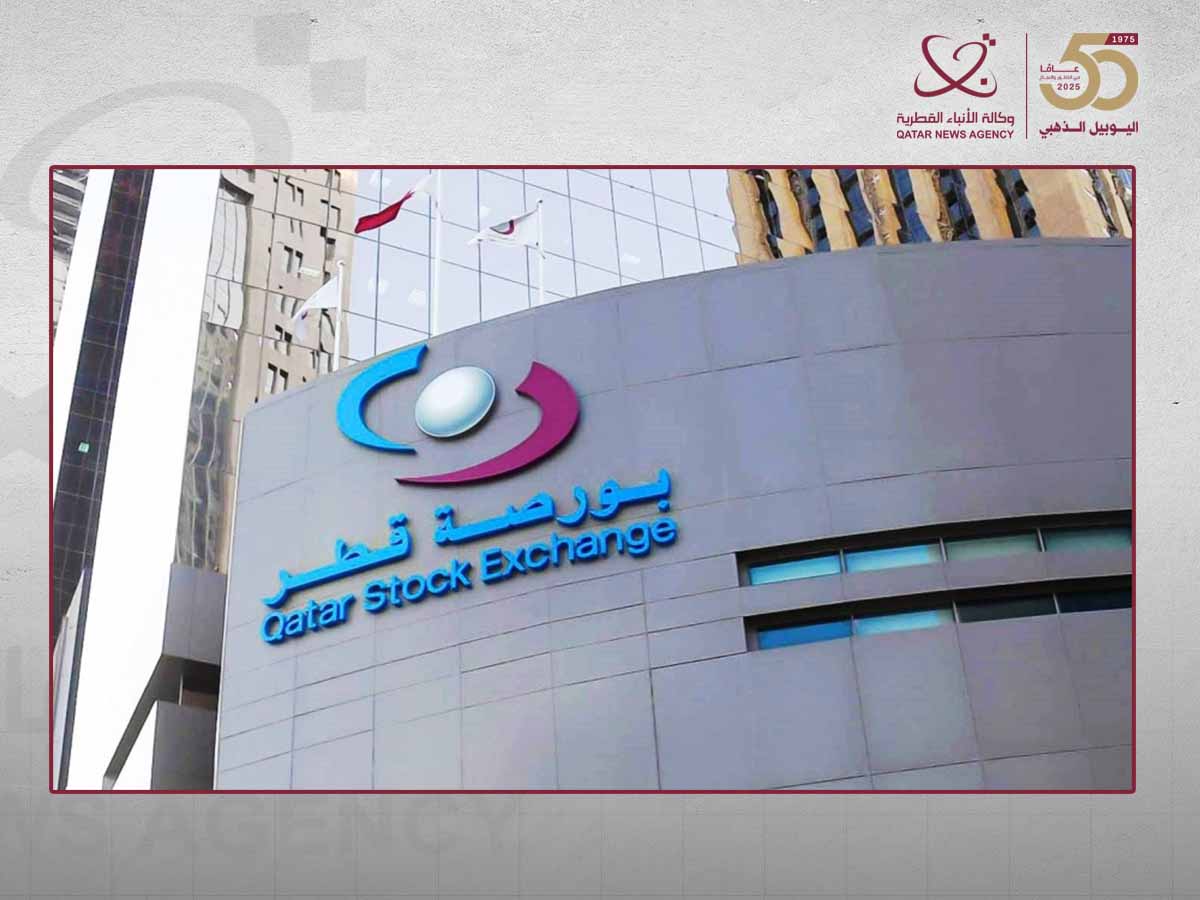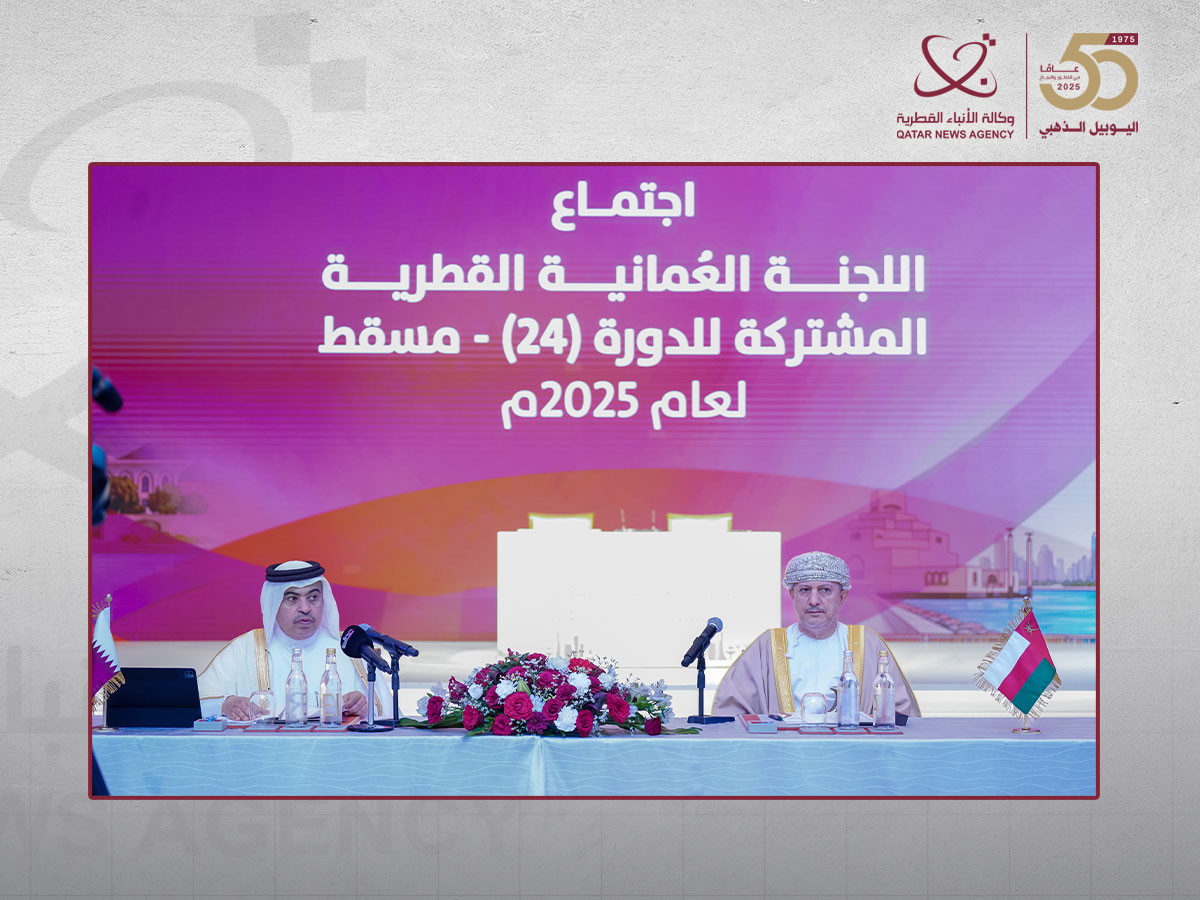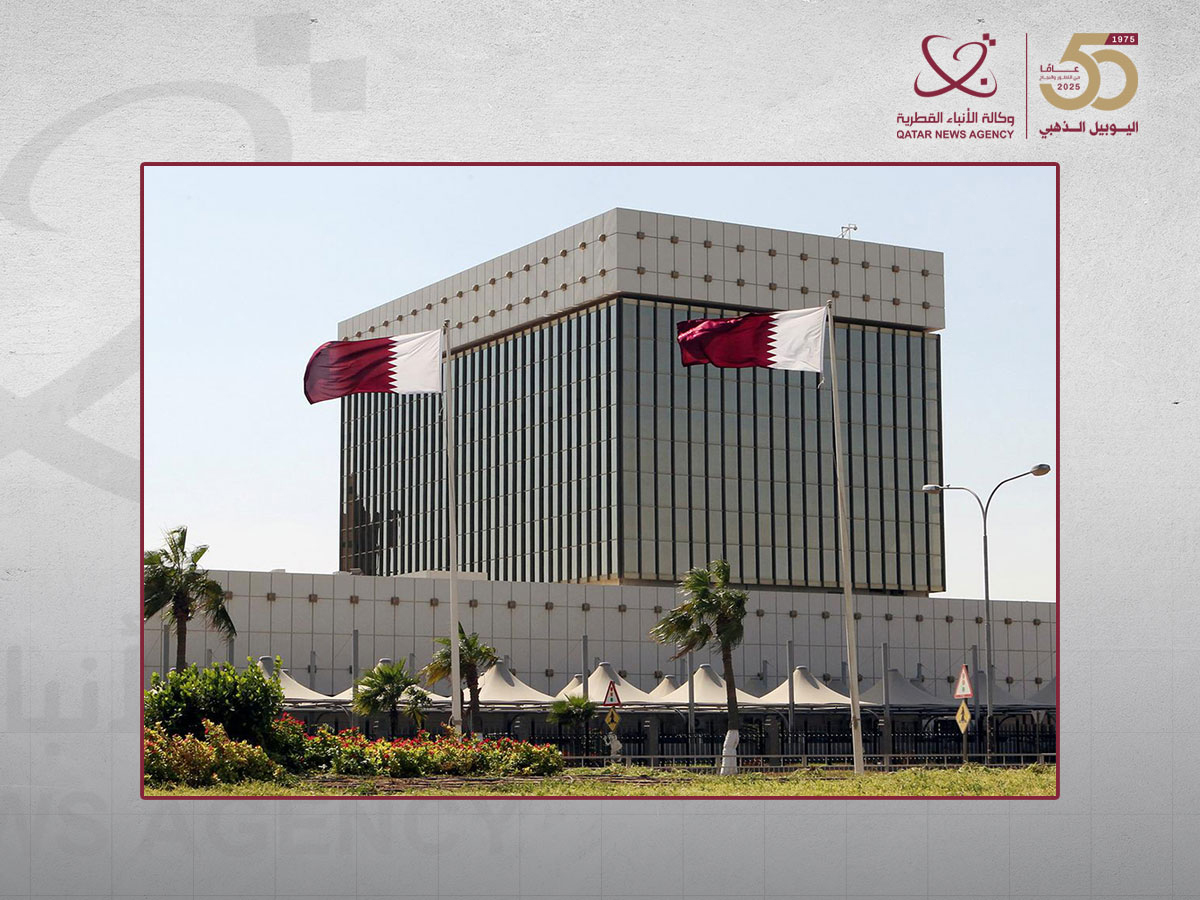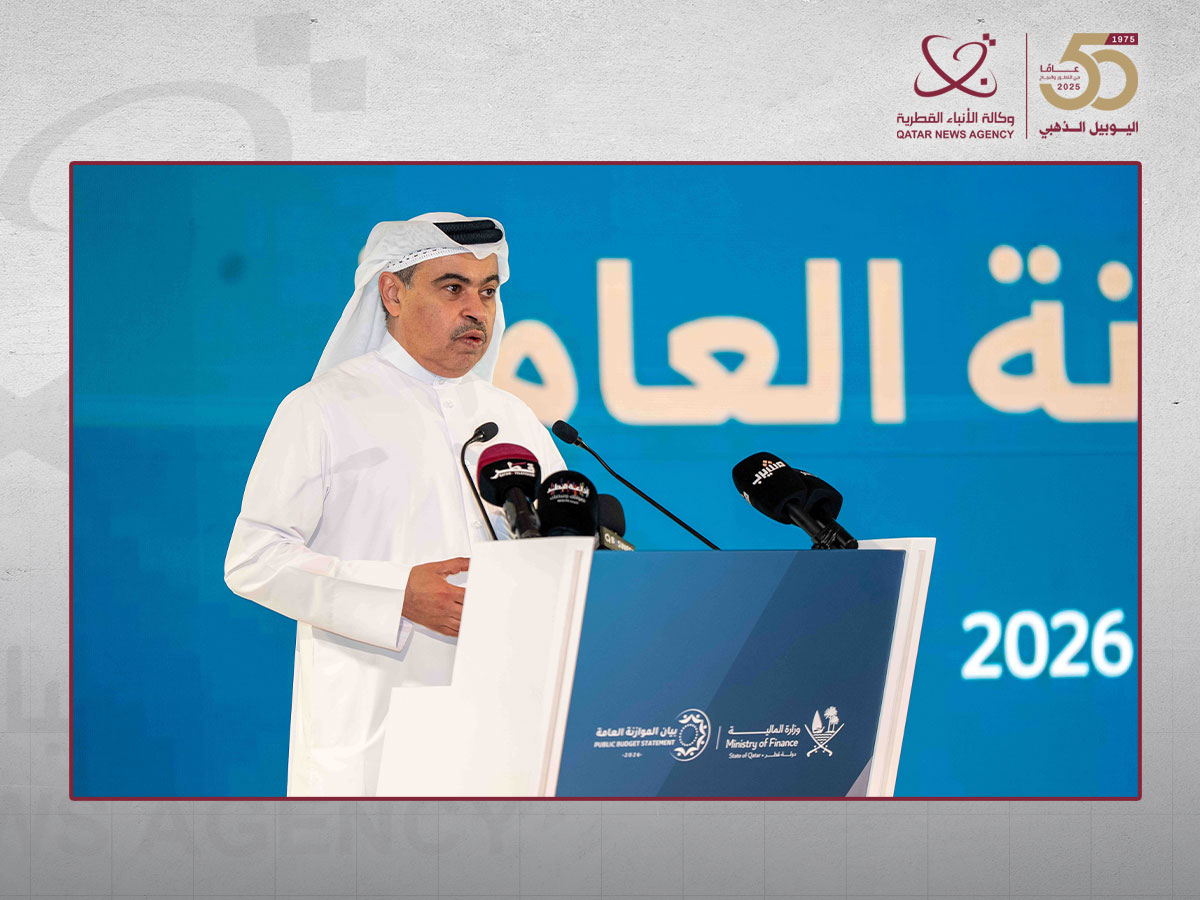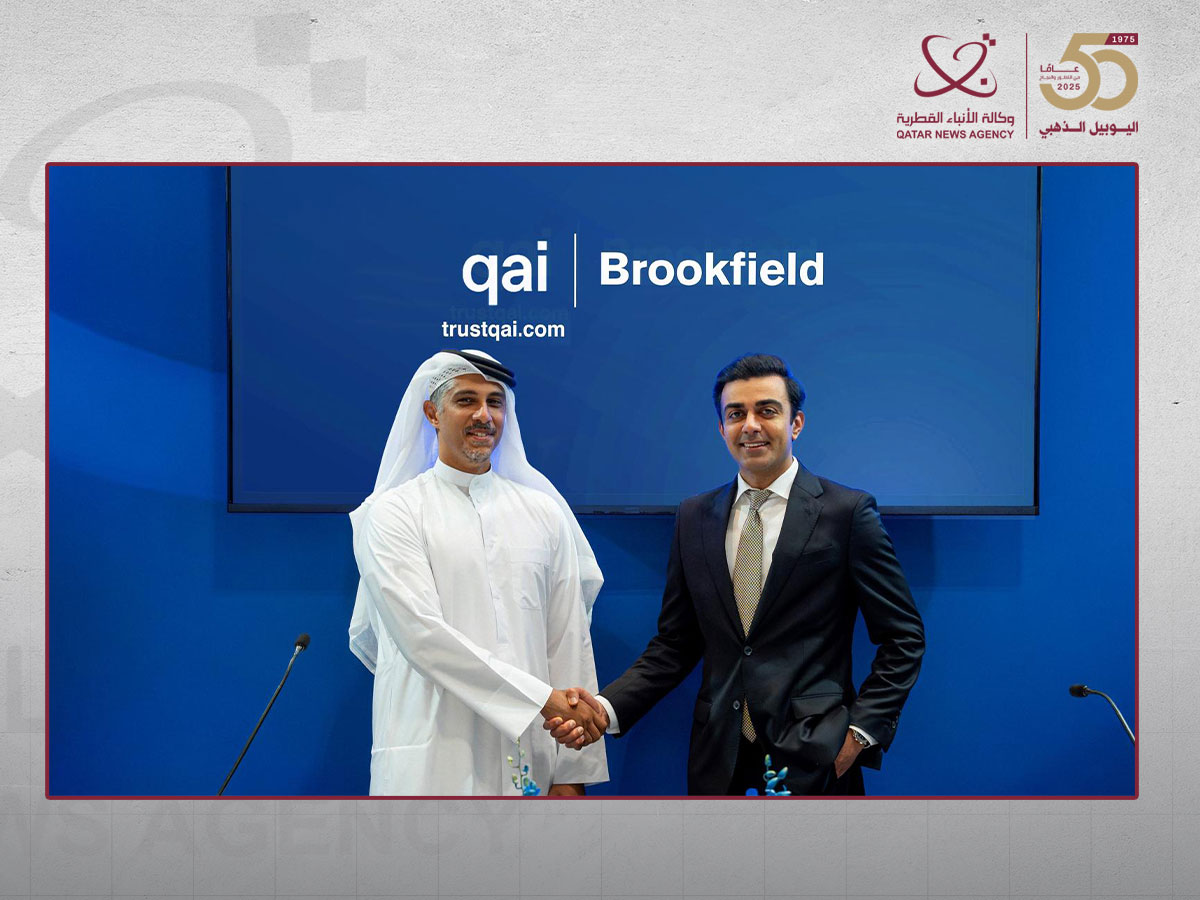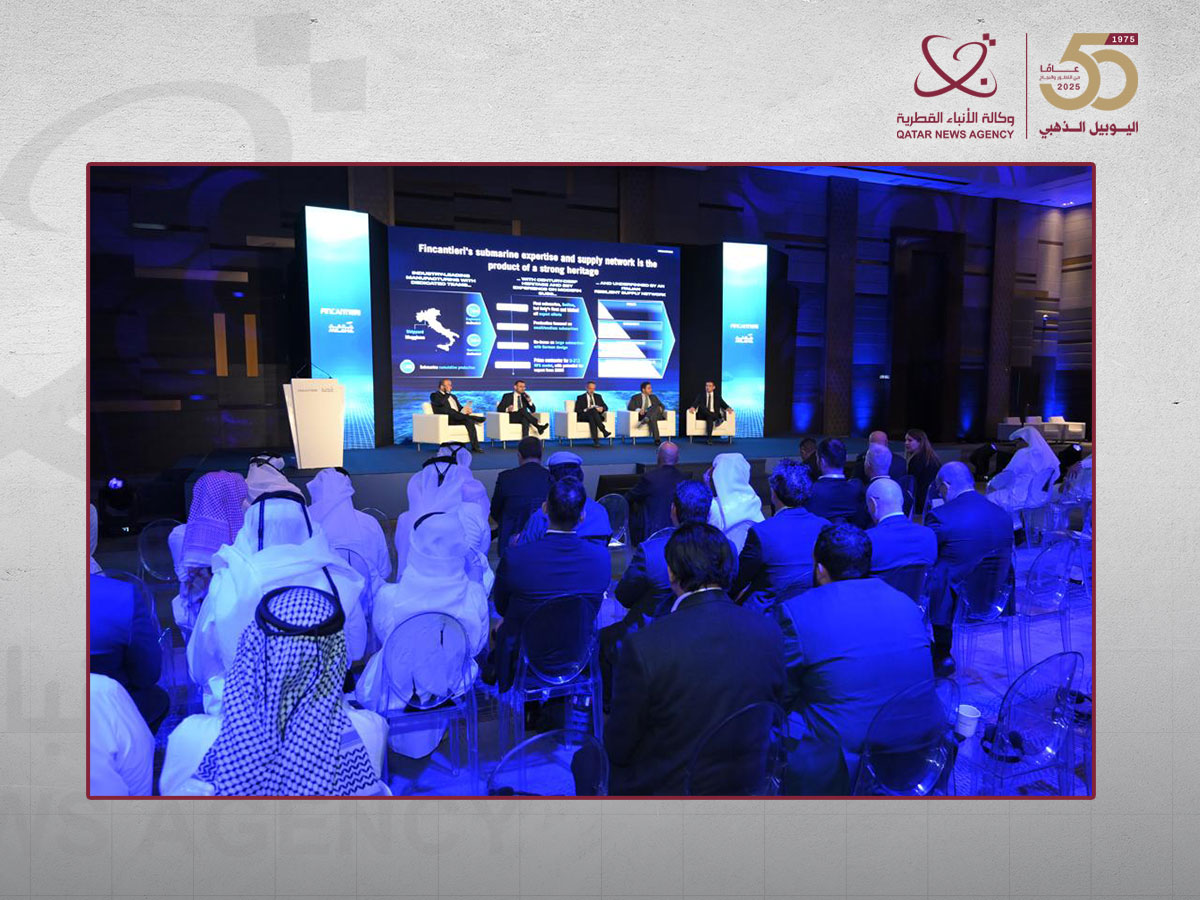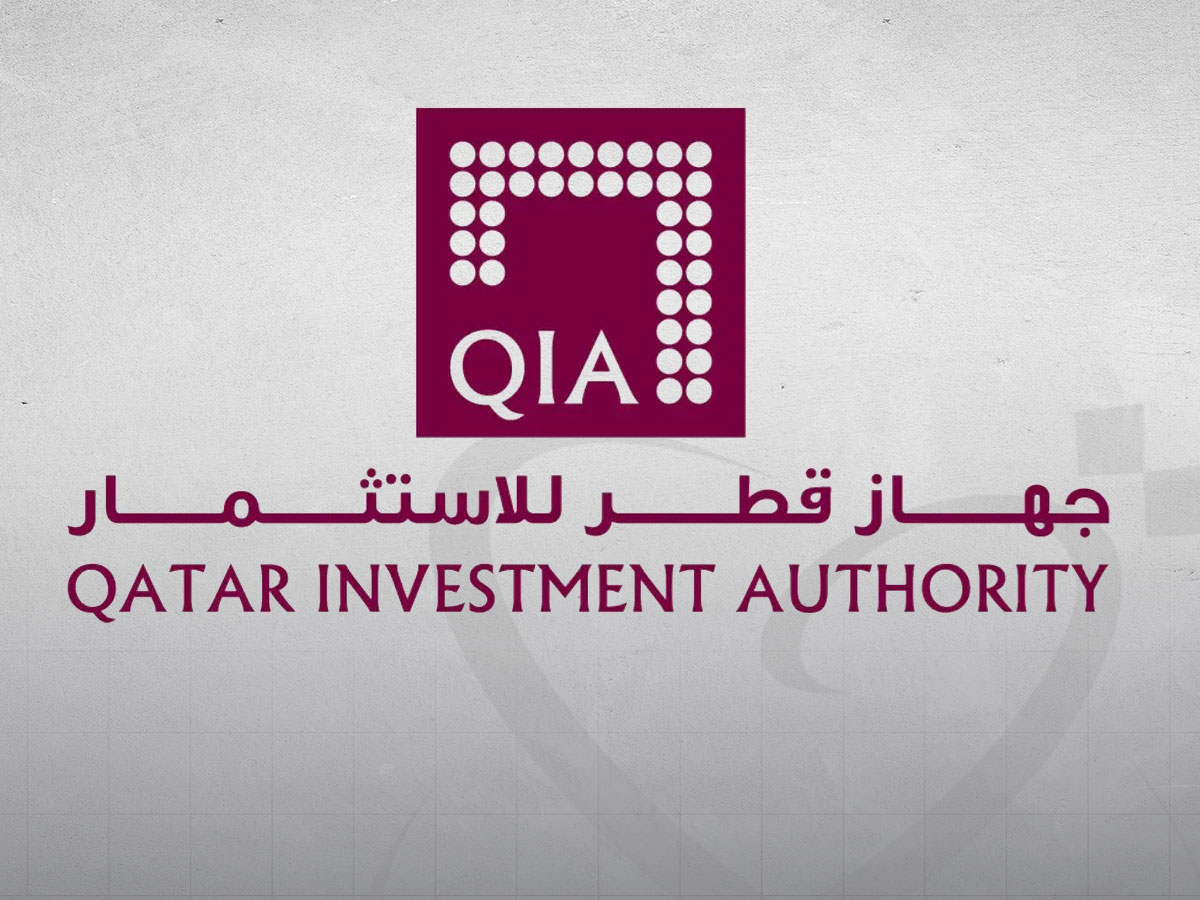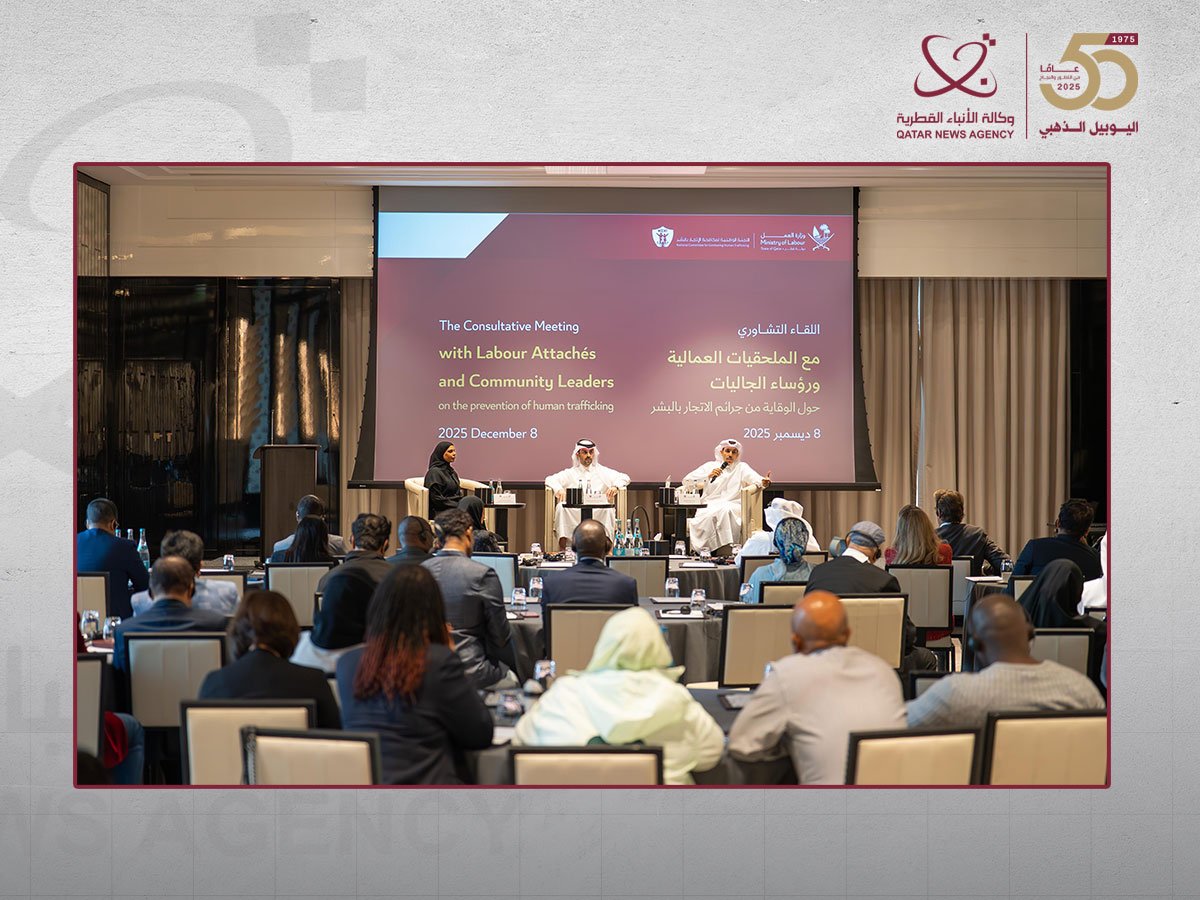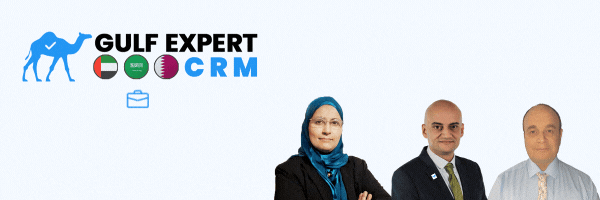Doha, July 31 (QNA) - Despite facing numerous challenges related to securing fresh water, Qatar has successfully leveraged innovation and advanced digital technologies in its desalination projects to meet its water needs, overcoming the natural limitations posed by its desert environment and scarce natural water resources.
Qatar continuously strives to overcome these challenges by launching ambitious and sustainable initiatives in the fields of desalination and smart water resource management. These initiatives closely monitor scientific developments to ensure water security, conserve resources, and guarantee sustainability for future generations.
Among Qatar's most efficient desalination facilities is the Umm Al Houl power and water plant, one of the largest in the Middle East, producing over 600,000 cubic meters of water daily while also generating electricity. This integrated approach optimizes energy use. Other key plants include Ras Abu Fontas, Ras Bu Abboud, and Ras Laffan, which feature multiple advanced subsidiary stations contributing significantly to the water supply across Qatar.
Qatar also places great emphasis on encouraging scientific research and advanced digital technologies in the water sector through specialized institutes and research centers, such as the Qatar Environment and Energy Research Institute (QEERI) under Qatar Foundation. QEERI conducts cutting-edge research to improve desalination efficiency and develop sustainable new and renewable energy solutions, especially for water applications. The institute supports startups providing smart solutions in areas such as leak detection and intelligent water distribution monitoring systems.
Despite natural constraints, Qatar has demonstrated leadership in managing its natural water resources through substantial investments in desalination projects and effective initiatives in water conservation, reuse, and scientific research. Qatar's approach serves as a model for countries with similar climatic and environmental conditions striving to achieve sustainable water security.
The Qatar General Electricity and Water Corporation (Kahramaa) ensures continuous, high-quality water supply 24/7 to all consumers in line with international standards. The corporation prioritizes upgrading water distribution networks and main transmission lines while reducing water loss by replacing aging infrastructure and integrating smart water meters across its network to minimize wastage.
Kahramaa's data shows a steady increase in water demand, reaching a peak production of 420 million gallons per day in 2024, with projections rising to 428 million gallons in 2025. The country's desalinated potable water capacity reached approximately 538 million gallons per day in 2024 following the expansion of Umm Al Houl, and is expected to climb to 648 million gallons after the new Ras Abu Fontas plant comes online in 2028.
In parallel with rising water production, Kahramaa has developed and executed strategic plans to expand water transmission and distribution networks. The distribution network grew from 900 kilometers in 2015 to about 1,275 kilometers by 2020, coinciding with the commissioning of large storage tanks. By mid-2025, the network extended to approximately 7,900 kilometers, with plans to reach 8,200 kilometers by the end of 2028.
As part of efforts to enhance sector performance, Kahramaa organized its 2025 Annual Planning Forum in May under the theme “Innovation and Excellence for Global Leadership.” The forum serves as a key annual institutional planning event to present and discuss Kahramaa's five-year strategic plan, including future scenarios for electricity and water sectors, department plans, institutional integration, and the enhancement of strategic planning quality and coordination. The forum aligns Kahramaa's strategic directions with optimal resource utilization and sustainable service delivery.
During the two-day forum, water sector experts reviewed the five-year strategic plan's core pillars and future ambitions, ensuring alignment with Qatar National Vision 2030. Participants emphasized Kahramaa's ongoing commitment to community responsibility and its proactive adaptation to future changes to meet societal aspirations and support Qatar's comprehensive development agenda.
To achieve the highest international service quality standards, HE Minister of State for Energy Affairs, Eng. Saad bin Sherida Al Kaabi, highlighted at the forum the importance of adopting global best practices in management, quality, and innovation. He noted that the forum's theme reflects Kahramaa's focus on innovation as a foundational pillar for institutional performance and service quality improvement according to internationally recognized standards.
Similarly, HE Chairman of Kahramaa, Eng. Abdullah bin Ali Al-Thani stressed that institutional excellence is a cornerstone of Kahramaa's strategic vision. "Excellence is not just a slogan, but a continuous commitment to achieving the highest performance standards and delivering real added value to our consumers, employees, partners, and society. Kahramaa is currently implementing a project to apply the European Excellence Model and Qatar Government Excellence Model, which are instrumental in achieving top-quality and innovation levels."
Kahramaa's distributed water is of the highest drinking quality, rigorously complying with national health, safety, and environmental standards, as well as World Health Organization guidelines. This commitment is supported by a state-of-the-art water quality laboratory equipped with advanced analytical instruments covering physical, chemical, and microbiological analyses. Over the past decade, Kahramaa has also deployed 81 automated water quality monitoring units across all water tanks and pumping stations to ensure continuous oversight of critical water quality parameters.
Qatar has also advanced sustainable agricultural techniques by relying on groundwater and employing "beneficial bacteria" technology in numerous farms and greenhouses. This innovation has improved soil fertility, reduced water consumption by 70 percent, and helped sequester atmospheric carbon back into the soil, transforming previously barren land into cultivable soil for growing vegetables and other crops.
Qatar remains committed to sustaining high-quality water services aligned with local and international health and safety standards. This commitment is implemented through a comprehensive strategy for integrated and sustainable water resource management, supported by the national "Tarshid" program, which has successfully reduced per capita water consumption significantly.
According to Kahramaa, the Permanent Committee for Water Resources proposes policies and strategies related to water resources, approves related plans and projects, and undertakes vital initiatives to enhance water security and preserve groundwater reservoirs.
To address limited natural resources, high temperatures, and low rainfall, Qatar's efforts remain focused on meeting rising water demand driven by population growth and urban expansion across residential, commercial, and industrial sectors. This is achieved through precise multi-pronged strategies based on desalination, efficient resource management, technological innovation, and partnerships with regional and international experts. Qatar also coordinates water policies within the Gulf Cooperation Council and collaborates with international organizations such as the International Renewable Energy Agency (IRENA) to develop sustainable energy solutions and water projects. (QNA)
.png)
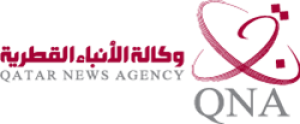 4 months ago
36
4 months ago
36

